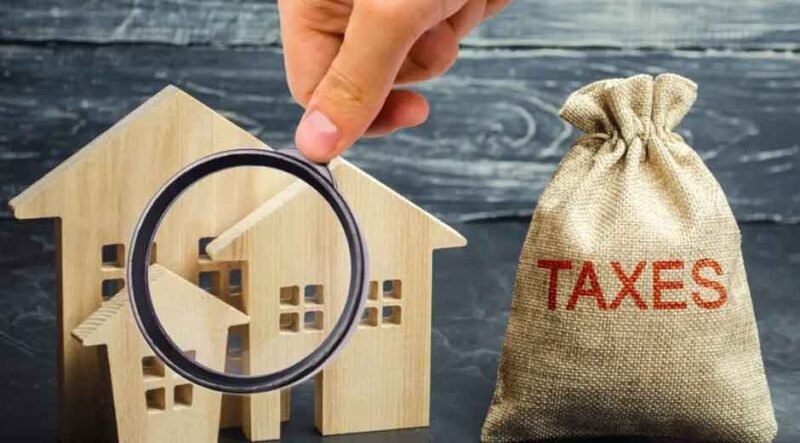
Home ownership has to include property taxes, which does not mean that they should make ownership expensive. Taxes increase every year, and in most communities, property owners are getting frustrated by that perspective, when they look at the bills and realize that they do not correspond to the real values of the properties. The positive side of it is that, given the appropriate strategy, it is possible to control these costs better and guarantee that payments remain reasonable. The first step to avoiding needless overpayment is to know how to do it and where to initiate action.
Learn How Property Taxes Work.
The initial action in dealing with property taxes would be to conceive a method of their valuation. The local governments usually determine taxes based on the appraised value of a property multiplied by the tax rate charged by the city or county. To the formula, it may appear to be simple, but the evaluation is not necessarily what happens in the actual market. As an illustration, the values can be determined with the help of outdated sales data, or they may be unable to consider the changes in the neighborhood. When the value of a property is over-assessed, then those owning the property are paying more than what the property is worth. This makes it essential to have a clue of the local assessment process to identify the errors at an early stage.
Inspect Your Real Estate Evaluation on a Regular Basis.
The assessments are sent by mail, and far too many homeowners put them away without a close examination. It is possible to find errors that increase the tax bill through a close examination. Some of the most common mistakes are miscalculated square feet, wrong classification of properties, or the failure to notice exemptions. Minor details, like the addition of an extra bedroom that is not there, may hike up prices and raise taxes. A comparison of the evaluation with the latest sales in the region gives more background.
Understand How to Appeal in Your Region.
If an issue is revealed after a review, the second step is to appeal. Different jurisdictions have different procedures and timelines considered in filing may be ruthless. The homeowners should provide supportive material in the form of photographs, similar sales, or professional evaluations. It is not about negotiation but trying to show that the assessment is incorrect. Some areas might entail a written filing, whereas others might demand one to appear before a hearing. Being aware of the exact steps and making a strong case is a big difference in the result. As an example, one of the websites found by many residents is how to protest property taxes in Dallas County, indicating the relevance of knowing the regulations in the very place where the property is located.
Enter into Exemptions and Programs.
In addition to the difficult tests, most of the local governments have exemption or relief programs aimed at reducing taxation. They may be as diverse as each state or county, but usually comprise senior, veteran, or homeowner benefits when they use the property as their main residence. There are also limits on the annual increase in taxable value of a given property, which works to cushion property owners against an abrupt increase in value. These exemptions are not always automatically applied, and this is why it is always good to research eligibility and file the right paperwork. Even a small exemption can result in some savings that could be observed in the long run.
Be Proactive and Future Projections.
The issue of property taxes is not a static matter; it is changing with the market and local government budgets. The best approach to staying ahead is to remain proactive. Saving money per month to pay the bill assists in evening out the effect when the bill is due. Changes in the property value of neighborhoods may also be monitored, which can give an early warning of the possibility of increasing. Other owners prefer to seek the services of professionals, including tax advisors and real estate experts, in order to receive insights about long-term strategies.
Conclusion
Strategic management of property taxes cannot be achieved by simply writing a check annually. It entails being attentive to assessment, identification of appeal opportunities, exploitation of exemptions, and preparation. Taxes are an indispensable component of having a functioning school, road, and community services, but nobody should have to pay more than they can afford to pay.

